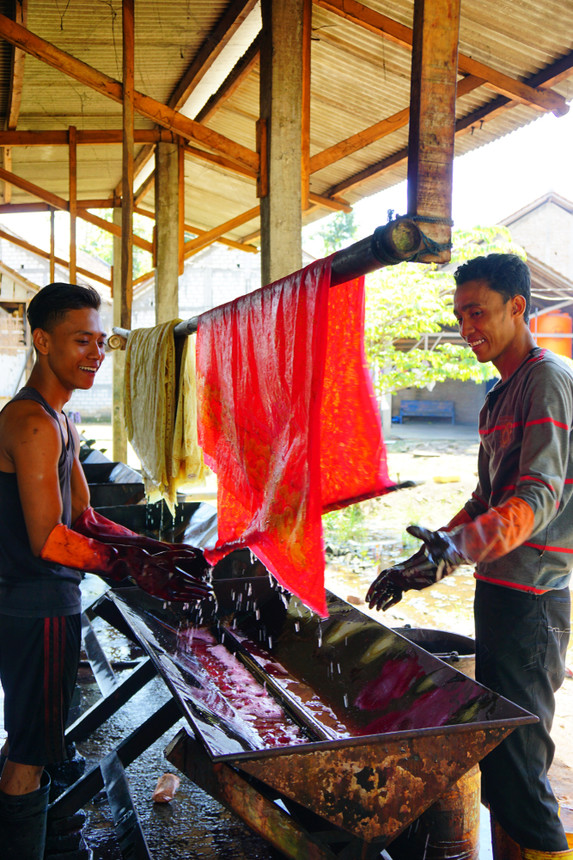Tool And Die Making Courses - Duration, Eligibility, Top Colleges
Tool and die making courses generally last between two and three years and are offered as either a diploma or a vocational degree, Die maker course may appear confusing to some students, but if you have the necessary creativity, basic skills, and a broad understanding of the design industry, you will not have too much trouble with it.

Along with basic machine drawing, you will learn about tool sketches, designs, and creating blueprints. Candidates who have passed the 10th class can choose to pursue a diploma in tool and die-making. For a degree, candidates need to have passed 12th with PCM (Physics, Chemistry, Maths) subjects preferably.
Your ability to earn excellent grades and secure better employment after completing the course will be greatly aided by your familiarity with the fundamentals of the industry. ITIs are well known for their diploma-level tool & die maker courses.
List of Tool and Die Making Courses
Tools and die making courses can be pursued at the diploma and undergraduate level. The following table highlights various tools and die making courses, their duration, and eligibility.
Course Name | Eligibility | Duration |
|---|---|---|
BVoc in Tool And Die Making | Class 12 with a minimum of 50% marks, preferable with PCM | 3 years |
ITI Tool and Die Maker | Class 10 with a minimum of 50% marks | 2 years |
Diploma in Tool and Die Maker | Same as above | 3 to 4 years |
(Note: Data has been collated by team Careers360)
Tool and Die Maker Course: BVoc in Tool and Die Making
These tool and die making courses cover both fundamental and advanced aspects of the die-making and maintenance process. It enables students to understand the chemical and fundamental properties of various elements utilised in the die and their applications in many tools and industries. Students who want to have a successful career in tool building find it easier due to the excellently planned course framework.
Eligibility: A minimum of 50 per cent marks in class 12, preferably with PCM.
Duration: This tool & die making course is for 3 years.
Institutes: Tata Institute of Social Sciences, Mumbai, Shri Vishwakarma Skill University, Gurugram.
Tool and Die Course: ITI Tool and Die Maker
The National Council of Vocational Training (NCVT) is the organisation sponsoring ITI in Tool and Die Maker. The goal of the die maker course is to help students build their professional abilities in the areas of science and math, engineering drawings, employability abilities, professional expertise, and workshops.
Students learn about subjects including how to test-run finished tools or dies, make adjustments as needed, and slice and mold blocks to specific lengths or forms. The trade is significant and career-oriented, and it opens up a lot of prospects upon its completion.
Eligibility: A minimum of 50 per cent marks in class 10.
Duration: This tool and die design course is for 2 years.
Institutes: These tool and die classes can be pursued in ITIs- Multiple locations.
Tool Die Maker Courses: Diploma in Tool and Die Maker
Making tools and dies is an interesting combination and such specialised knowledge is valued in the design and production of machine-made goods. The work involves mass-producing solid items using dyes and molds that are created through the design and manufacturing process.
Through group projects, a diploma in tool and die making will develop your leadership skills in addition to teaching you the skill set needed on a professional level. Solid tools are a part of our daily lives, so there is a great demand in the tool and die making industries for highly skilled workers who can interact with clients.
Eligibility: A minimum of 50 per cent marks in class 10.
Duration: This tool & die course is for 3 to 4 years.
Institutes: Indo Danish Tool Room- Jamshedpur, Delhi Skill And Entrepreneurship University- New Delhi.
Scope of Tool and Die Making
After completing the tool and die maker engineering course, there are many different disciplines and industries you can choose from in terms of your future options. After finishing the die maker course, you are qualified to work in the manufacturing sector's core area and earn competitive pay in line with industry norms and the standing of the employer.
The average starting salary after a diploma in tool and die engineering is around 2 LPA to 3.5 LPA. Even though you can begin looking for a career once you have completed your graduation, the additional training can help you advance within the same organisation. This will not only broaden your understanding of the subject but also present you with better possibilities in the future.
Also Read: Vocational Courses after 10th
If you are interested in machine and engineering, the degree and diploma in tool & die making will be best suited for you. The discipline is a fascinating and financially secure career choice because of the outstanding course structure and fantastic post-degree options. Therefore, you should attempt the course once if you have just finished your class 10 or class 12 and are looking for greater employment chances.
Frequently Asked Questions (FAQs)
Degree and diploma-level courses in tool and die-making are available for candidates.
The average starting salary is around Rs. 2 LPA to 3.5 LPA, according to Ambition Box.
The discipline is an interesting and financially secure career choice because of the outstanding course structure. However, pursuing this as a course is solely your decision and it should match your career objective and personal goals.
Indo Danish Tool Room- Jamshedpur and Delhi Skill And Entrepreneurship University- New Delhi are well known for their diploma in tool and die-making programmes.
The National Council of Vocational Training is the organisation that sponsors ITI in Tool and Die Maker (NCVT).